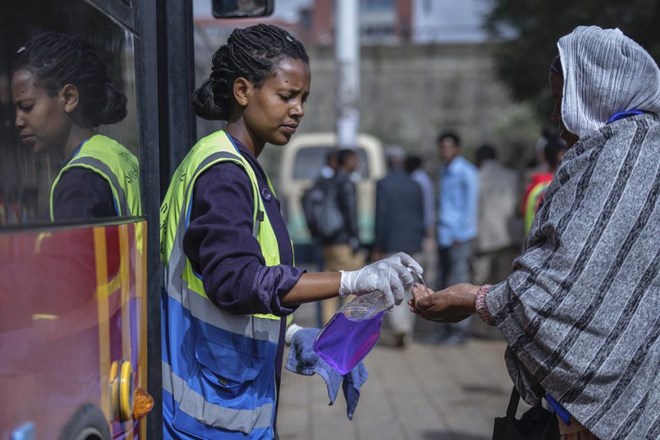
Saturday March 21, 2020

Millions of Ethiopians living under a months-long government-imposed shutdown of internet and phone services in western Oromia are being left in the dark about the health risks.
Even before Ethiopia confirmed its first coronavirus case on March 13, people in the western Oromia region, where the military has conducted operations against a rebel force, faced significant challenges. Access to health care is severely limited, especially for those in rural areas. We recently spoke to a man who in July spent days calling hospitals in West Wellega in search of a ventilator for his sister who was dying of pneumonia; she didn’t survive. Because of the government restrictions, international and local aid groups are unable to monitor disease outbreaks or provide adequate assistance.
advertisements
The government has started to implement other basic measures to increase awareness and prevent the spread of the virus: the Ministry of Health provides regular updates, added sign language to its promotional materials, and appealed for calm following reports of discrimination and harassment of foreigners.Ethiopia also partnered with the Jack Ma Foundation to help distribute coronavirus testing kits, masks, face shields, and protective suits to the 54 countries on the continent, with Prime Minister Abiy Ahmed managing the logistics and distribution of these supplies.
But access to timely and accurate information is essential in a time of crisis, especially as Ethiopia simply does not have the infrastructure to cope with a coronavirus outbreak. Access to safe water and sanitation is low in Ethiopia. Cholera and measles outbreaks remain persistent public health threats, and high patient-to-physician ratios mean doctors are unable to tend to everybody. The new virus risks adding significant pressure to already strained health systems.
Those with the privilege of access to radio and television may hear about coronavirus risks, but not in great detail. The government’s refusal to restore phone and network access makes it likely that key information is not reaching everyone, including those vital to control efforts in western Oromia —health care workers and humanitarian organizations.
It is laudable that Abiy is taking charge of managing a coronavirus prevention effort on the African continent, but he should not ignore the needs of those within his own country.